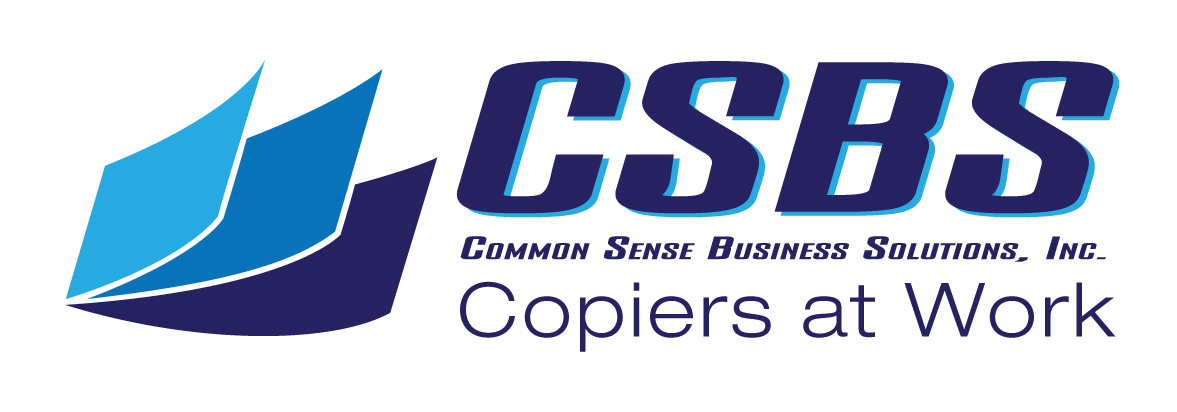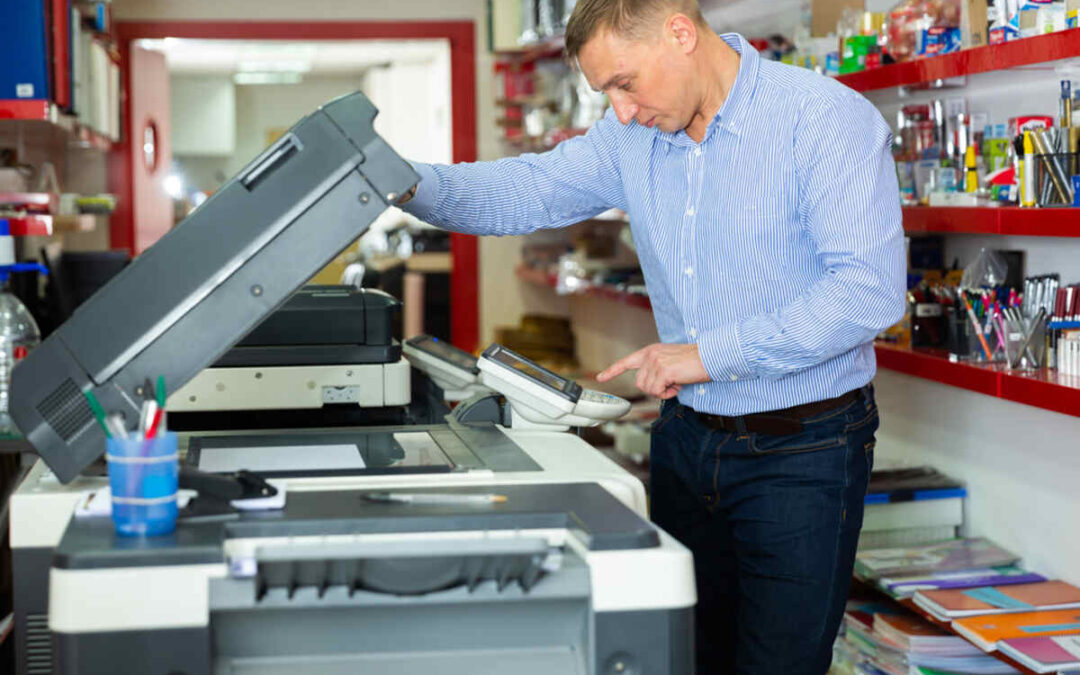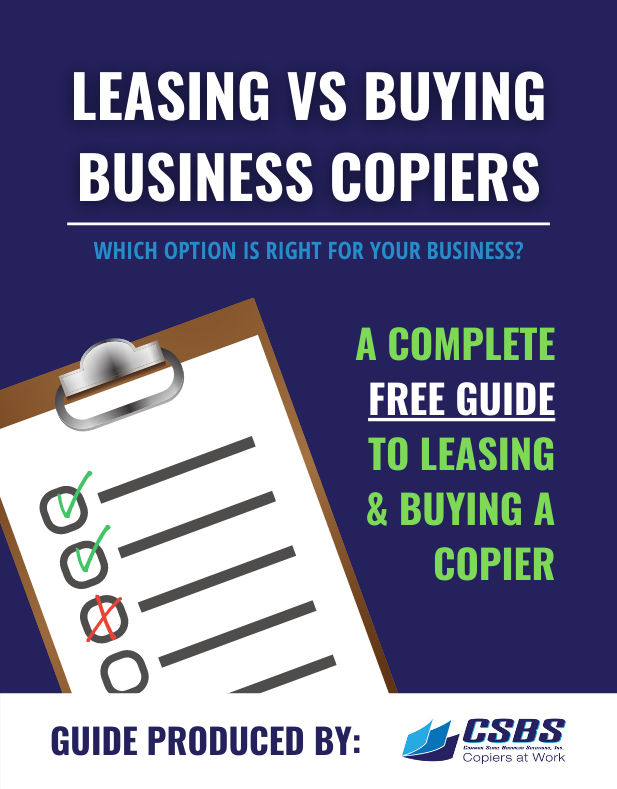If you are thinking of acquiring any kind of business machines for your office or business why not consider the option of leasing? In this day and age there are so many factors that determine why directly purchasing business machines may not always be a sensible or profitable investment however with leasing offices and other businesses stand to gain from several opportunities and financial benefits.

Leasing Your Business Machines The Way To Go
Taking into account the rapid, technological, changes that are constantly occurring globally business machines can easily become outdated soon after they are acquired. This can pose several issues as in most business environments the use of up-to-date equipment is required for businesses to carry out their day to day functions properly and efficiently.
Here is where leasing business machines like photocopiers, scanners, printers etc. becomes the more suitable and advantageous alternative as it serves to facilitate such rapid changes within business environments.
Seen as one of the most favourable benefits of leasing is the fact that persons avoid paying large lump sums of capital upfront to acquire most business machines. This can place heavy strain on any company’s budget especially if you are a small, start- up business.Think about it. It really makes sense financially as you would avoid high costs but still get the equipment you need for your business.
When businesses utilize this option it offers much more freedom for them to obtain whatever business equipment they may need for their businesses. It has also been proven to improve cash flow and productivity by utilizing the resources that would otherwise be used to purchase equipment for other purposes and opportunities.
In addition to this another exceptional benefit that leasing offers is the reduction of overall tax bills. Since it is seen as a cost- deductible business expense it reduces the overall net cost of obtaining business equipment. This factor alone plays a significant role in helping businesses to see that leasing equipment is the best decision they could make as it relates to obtaining the necessary equipment for their business.
Most leasing agreements are usually arranged so that payment for equipment is made in fixed monthly terms and if so could also be structured to include consumables, maintenance and technical support but most importantly these payment arrangements allow businesses to have more breathing space financially while improving technology at a time of their choosing.
So if you have a small business, operate within a busy office environment or you are just looking for cost effective ways to manage expenses within your company leasing has proven to be the ideal option for you. Efficiency, productivity not to mention increased Return on Investment (ROI) are all great benefits that leasing can offer to your business. So lease your IT machines today it can definitely be a game changer. Contact us for more information.
Frequently Asked Questions
1. Why should I lease business machines instead of buying them?
Leasing business machines reduces upfront costs, which is critical for businesses, especially small ones. According to a study by Equipment Leasing and Finance Association (ELFA), 80% of U.S. companies lease some or all of their equipment. This option frees up cash flow and ensures you always have the latest technology without large initial investments.
2. How does leasing improve cash flow?
Leasing spreads out payments, helping businesses avoid a large one-time expense. This maintains liquidity for other essential functions like hiring or expansion. A survey by the ELFA found that 72% of small businesses reported improved cash flow through leasing. Instead of tying up capital, you can allocate resources to grow your business.
3. Does leasing reduce taxes?
Yes, leasing is often tax-deductible. Lease payments are categorized as operating expenses, reducing your taxable income. In contrast, purchasing offers slower tax benefits through depreciation. According to the IRS, leasing can reduce equipment costs by up to 30% through tax deductions.
4. What happens if technology changes after I lease equipment?
Leasing allows easy upgrades, ensuring your business stays competitive. As technology evolves rapidly, leasing offers flexibility to adapt without high costs. In fact, 40% of companies reported leasing to avoid obsolescence, according to a study by Aberdeen Group. Leasing lets you refresh equipment during or at the end of the lease term.
5. Are there any hidden costs when leasing?
Generally, leasing agreements are clear, but it’s crucial to read the fine print. Most leases include fixed monthly payments covering equipment, maintenance, and support. Hidden fees can arise from early termination or exceeding usage limits. Work with reputable providers to avoid surprises.
6. How long are leasing terms for business machines?
Leasing terms usually range from 2 to 5 years. Shorter leases (2-3 years) are ideal for industries with rapid tech advancements, while longer terms (4-5 years) work well for stable equipment needs. A survey by the ELFA showed that 60% of companies choose a 3-year lease to maintain flexibility.
7. Can I buy the equipment at the end of the lease?
Yes, many leasing agreements offer a “lease-to-own” option, allowing you to purchase the equipment at a discounted rate after the lease term. Around 50% of businesses opt to buy leased equipment, particularly for machinery with long lifespans, according to an ELFA survey.
8. Is leasing better for startups?
Leasing is ideal for startups because it preserves capital, which is vital during the early growth phase. With 82% of startups failing due to cash flow issues, according to CB Insights, leasing helps avoid significant upfront costs and offers more financial flexibility.
9. What types of machines are commonly leased?
Businesses typically lease copiers, printers, computers, and even large industrial machines. According to the ELFA, IT equipment (23%), transportation equipment (22%), and office machinery (14%) are the most commonly leased items. Leasing helps businesses acquire high-cost items without significant capital outlay.
10. Are there downsides to leasing business machines?
While leasing offers flexibility, it may be slightly more expensive over time compared to buying. Additionally, you don’t own the equipment unless you purchase it at the end. However, for businesses prioritizing cash flow and tech upgrades, the benefits often outweigh these costs.
Conclusion
Leasing business machines can improve cash flow, offer tax advantages, and provide access to the latest technology. Considering 80% of businesses lease their equipment, it’s a popular and financially sound option. Ready to explore leasing? [Contact us] for more information.




